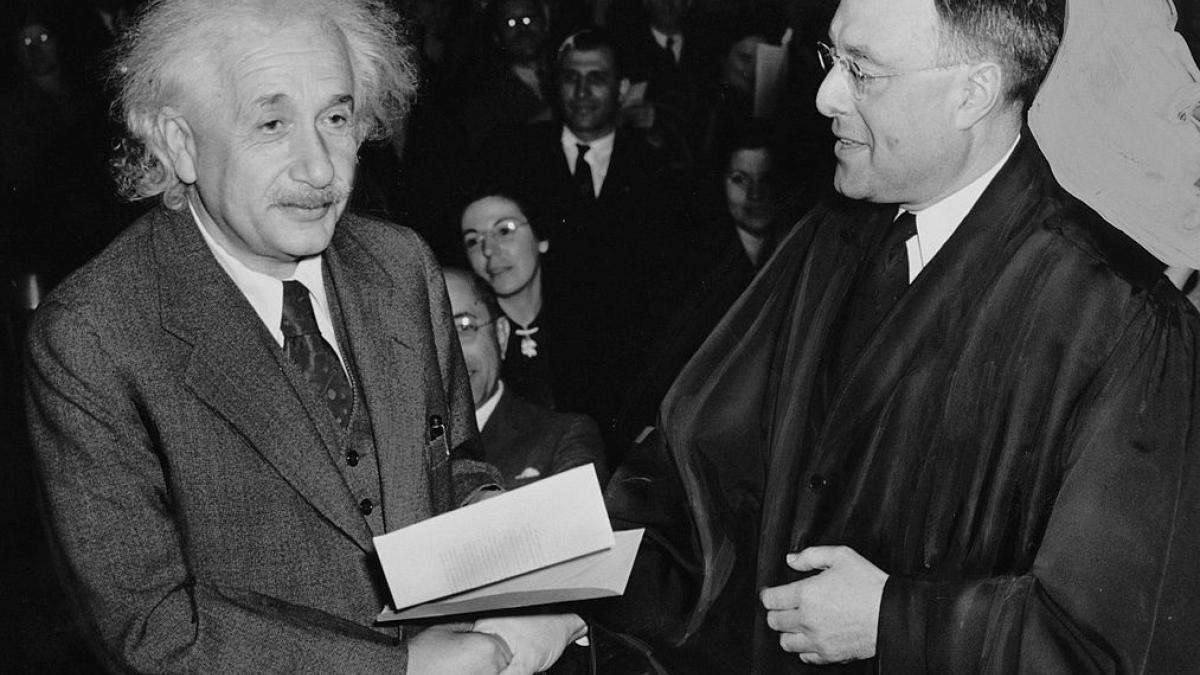The way we do science: saving America's knowledge enterprise

Editor's Note: Future Tense is a partnership between ASU, the New American Foundation and Slate Magazine that explores emerging technologies and their transformative effects on society and public policy.
The way we do science in the United States will be the subject of an upcoming Future Tense forum – "How to Save America's Knowledge Enterprise from Tight Budgets, Primitive Myths & the Shadow of Albert Einstein" – scheduled for 12 to 5:30 p.m., May 21, at the New America Foundation in Washington, D.C.
There will be a live webcast of the event via ASUtv. (More details on how to access the webcast.)
Science and technology in America have been guided by the same set of ideas for more than half a century. The conventional wisdom is that if we feed more money and more scientists into our existing "knowledge enterprise" complex, society will derive proportionately more benefits. In the face of the global economic downturn, political disarray at the national level, and protracted challenges to the nation's public health, environmental quality, industrial base, and energy system, this simplistic assumption is long overdue for a reckoning.
Today's challenges demand new ways of thinking about science and technology, and the government's role in advancing them. The problem, any honest inquiry will suggest, isn't always money, or the number of scientists, but the very way we do science.
ASU's Dan Sarewitz, the director of the Consortium for Science, Policy and Outcomes at ASU, and professor of science and society, will give the first scheduled talk of the event at 12 p.m., titled "Just Trust Us: The Postwar Golden Era and Why We Cling to It."
Sarewitz joins other scholars, including George Poste, chief scientist of ASU's Complex Adaptive Systems Initiative, and founder and former director of the Biodesign Institute at ASU; Jonathan Koppell, director of ASU's School of Public Affairs and dean of the College of Public Programs; and ASU President Michael Crow.
Crow will give the event's closing talk, titled "Redesigning the Cold War University."
More information on the event can be found here.